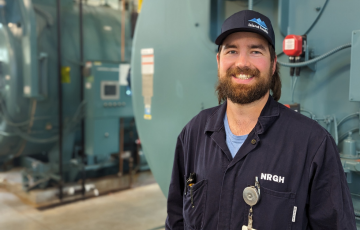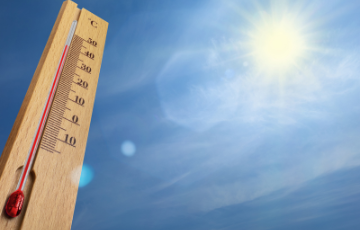Be on the alert for avian influenza
Highly pathogenic H5 avian influenza (HPAI) cases have been detected among poultry at B.C. farms in 2024. No cases were reported on B.C. dairy farms or in wild mammals in fall 2024. Cases increase as infected wild bird populations migrate and can infect domestic birds including poultry and local wild birds.
To date human-to-human transmission of H5 avian influenza has not been observed.
The risk of avian influenza transmission from animals to humans remains low, but in rare cases humans have become infected after contact with infected poultry, cows or their environment. The first positive human case of H5 avian influenza was detected in B.C. in fall 2024. More information is available from the B.C. Government.
Additionally, avian influenza outbreaks represent a risk to food security when poultry must be culled. Co-infection with seasonal influenza and avian influenza also creates the chance for new and more infectious influenza.
Key steps:
- Stay up to date on all immunizations, especially the seasonal flu vaccine. This will not prevent avian influenza, but it can limit the chance of co-infection with both human and avian influenza viruses. Co-infection creates the risk of developing new and more infectious influenza viruses. People who care for poultry or other birds on a regular basis at work or home should get the seasonal flu vaccine every year.
- Do not touch sick or dead animals or their droppings and do not bring sick wild animals into your home.
- Never handle ill or dead animals that died of unknown causes without proper personal protective equipment (PPE); supervise and remind children and young people about this guidance.
- Use PPE to deal with dead or infected birds, and wash your hands after removing PPE. Protect yourself against infection and prevent the virus from spreading.
- Report dead or sick domestic birds to your nearest CFIA office:
- Report dead wild birds to the Wild Bird Mortality Line: 1-866-431-BIRD (2473).
- Learn what to do if you find sick, injured, or dead wildlife.
- For pets, contact your veterinarian or call the Animal Health Centre at 1-800-661-9903.
- Farmers and backyard chicken keepers should know the signs of avian influenza and keep their birds isolated from wild birds or other bird owners. Learn more about how to protect your flock.
- Hunters and foragers can take simple precautions when harvesting wild game birds or their eggs this fall. Note that freezing alone does not kill the virus.
For more information, please visit BCCDC – including its How Can I Protect Myself resource, and the Government of British Columbia.




